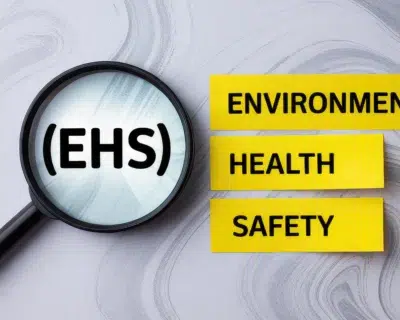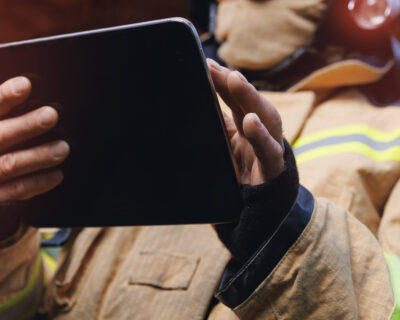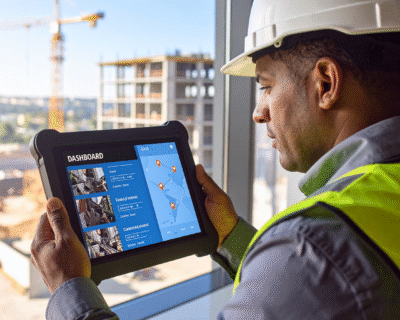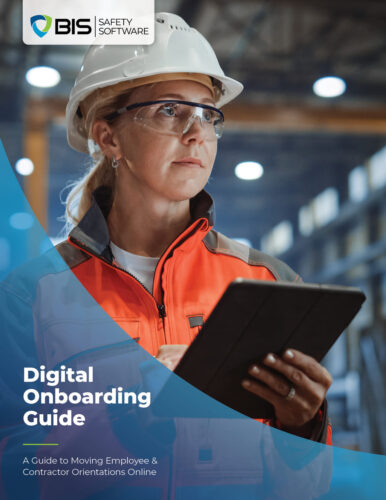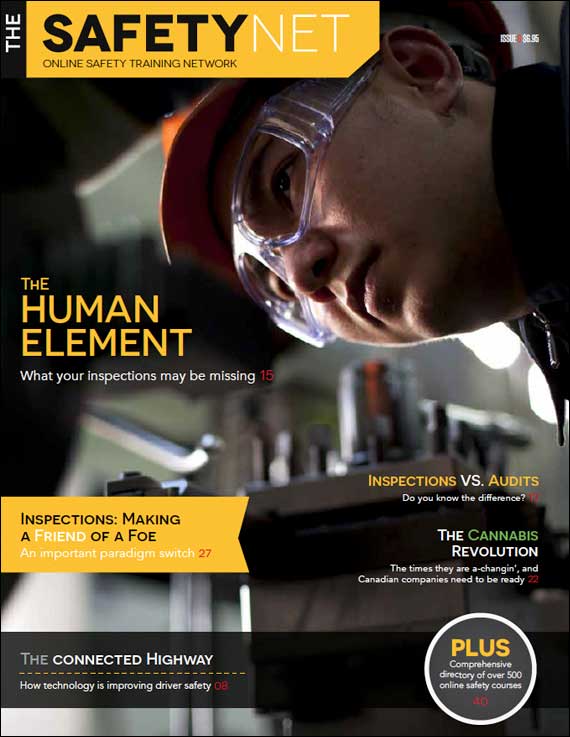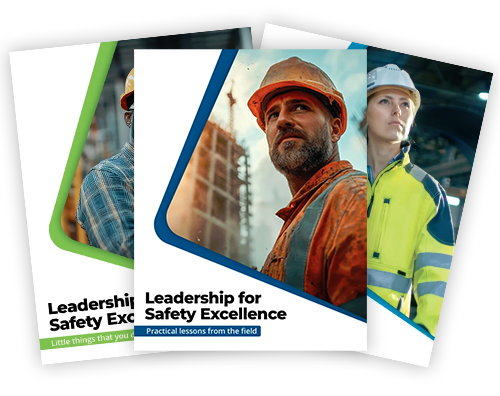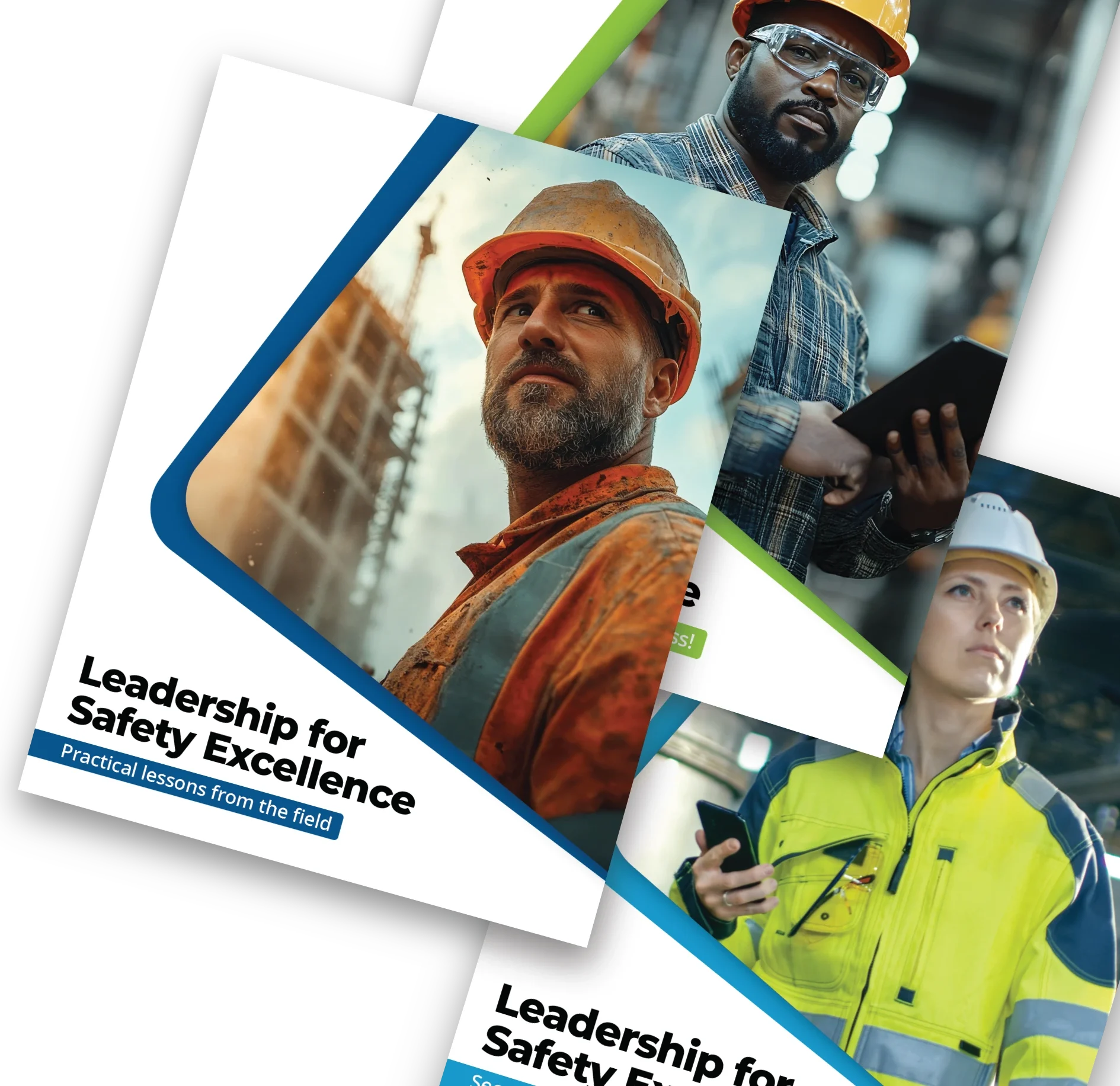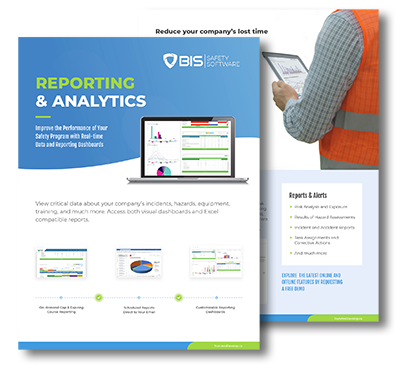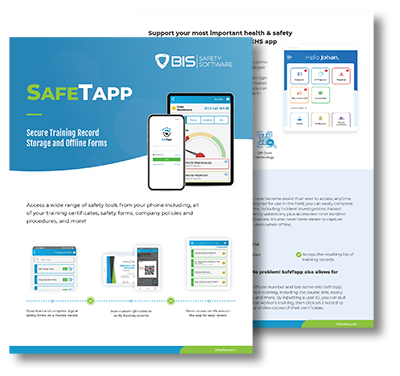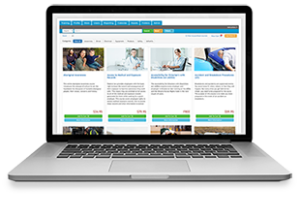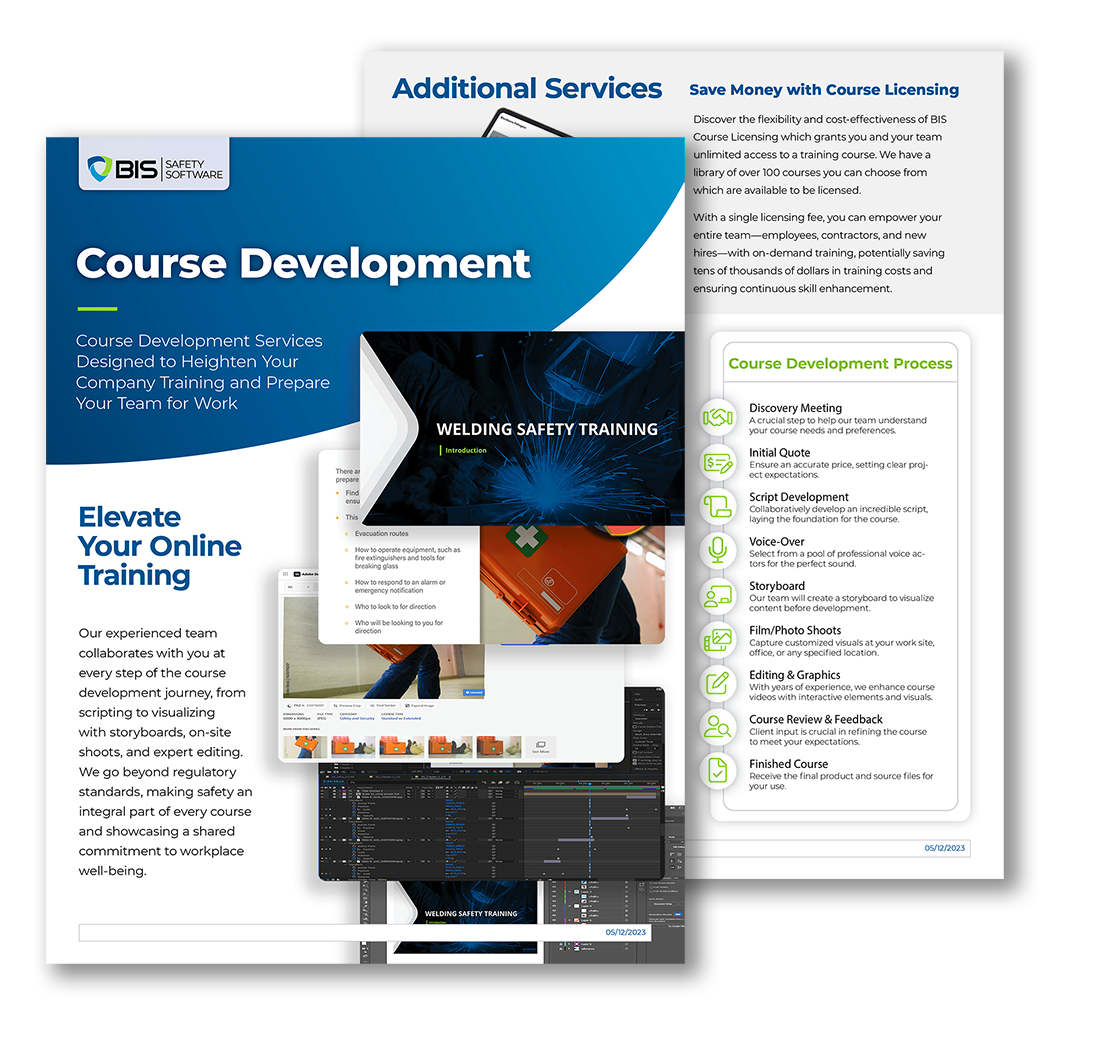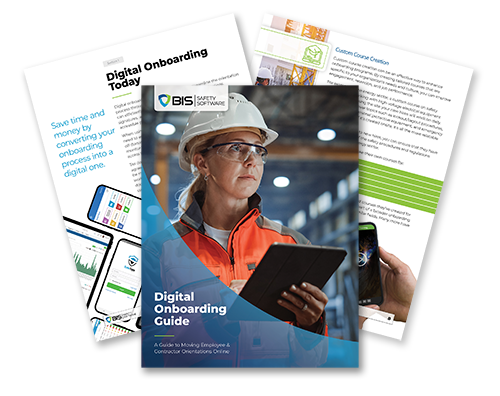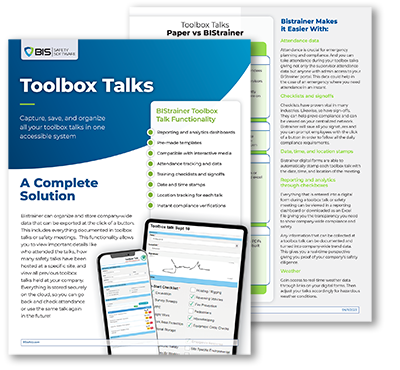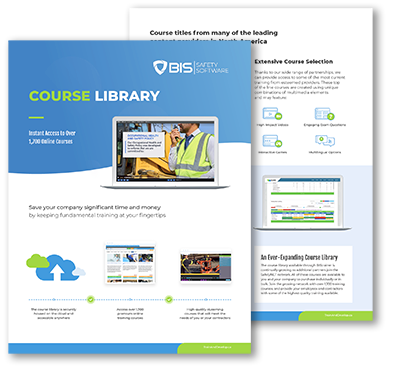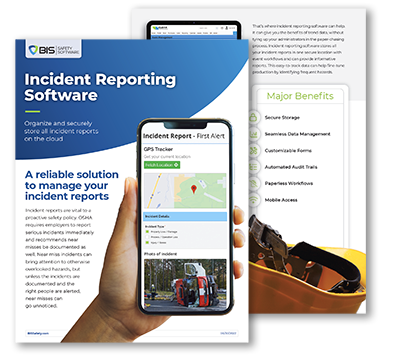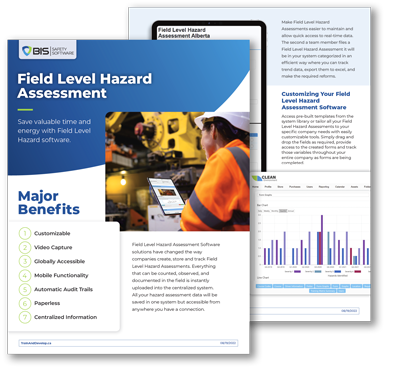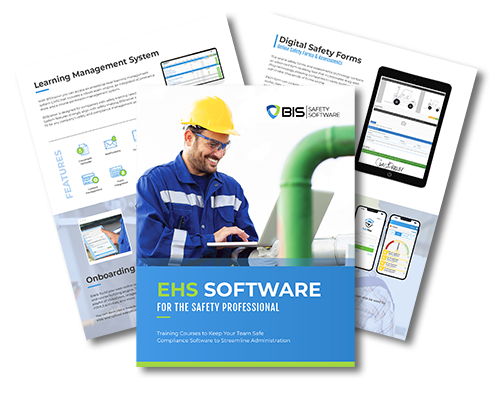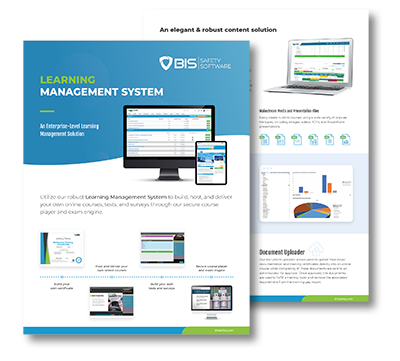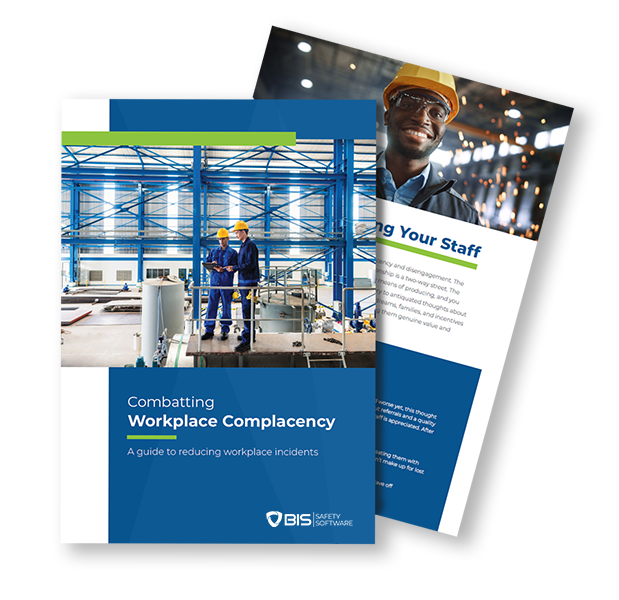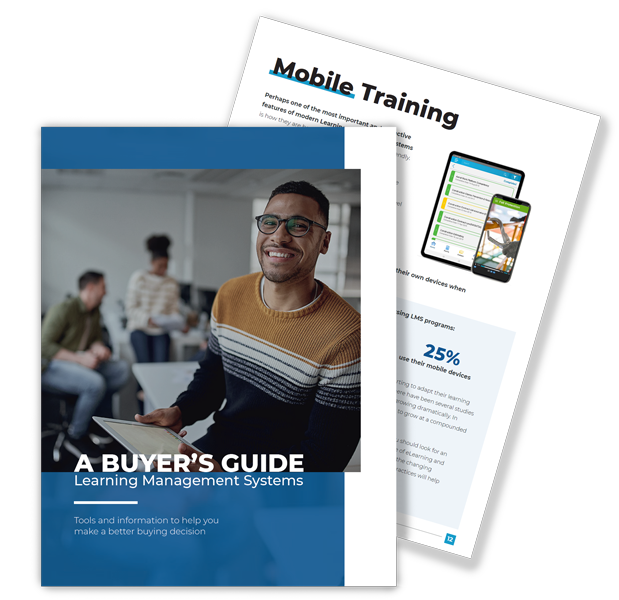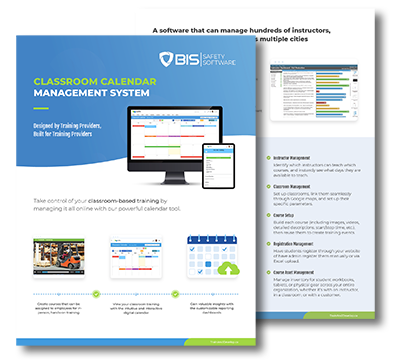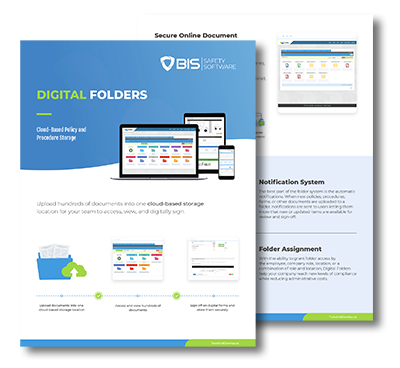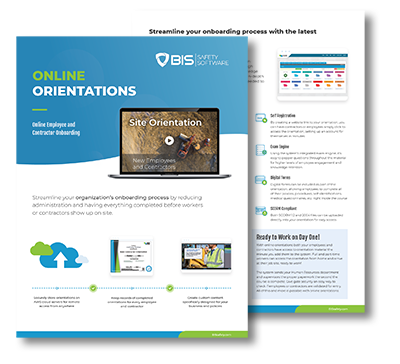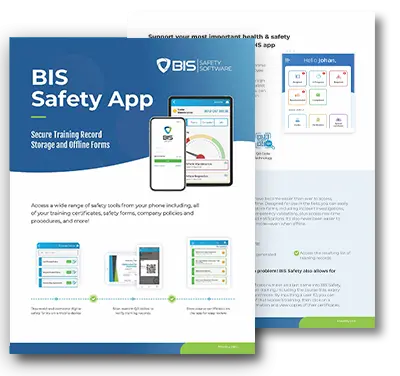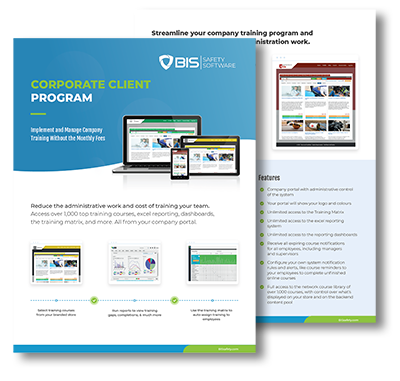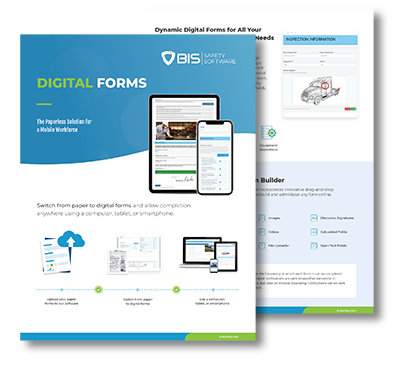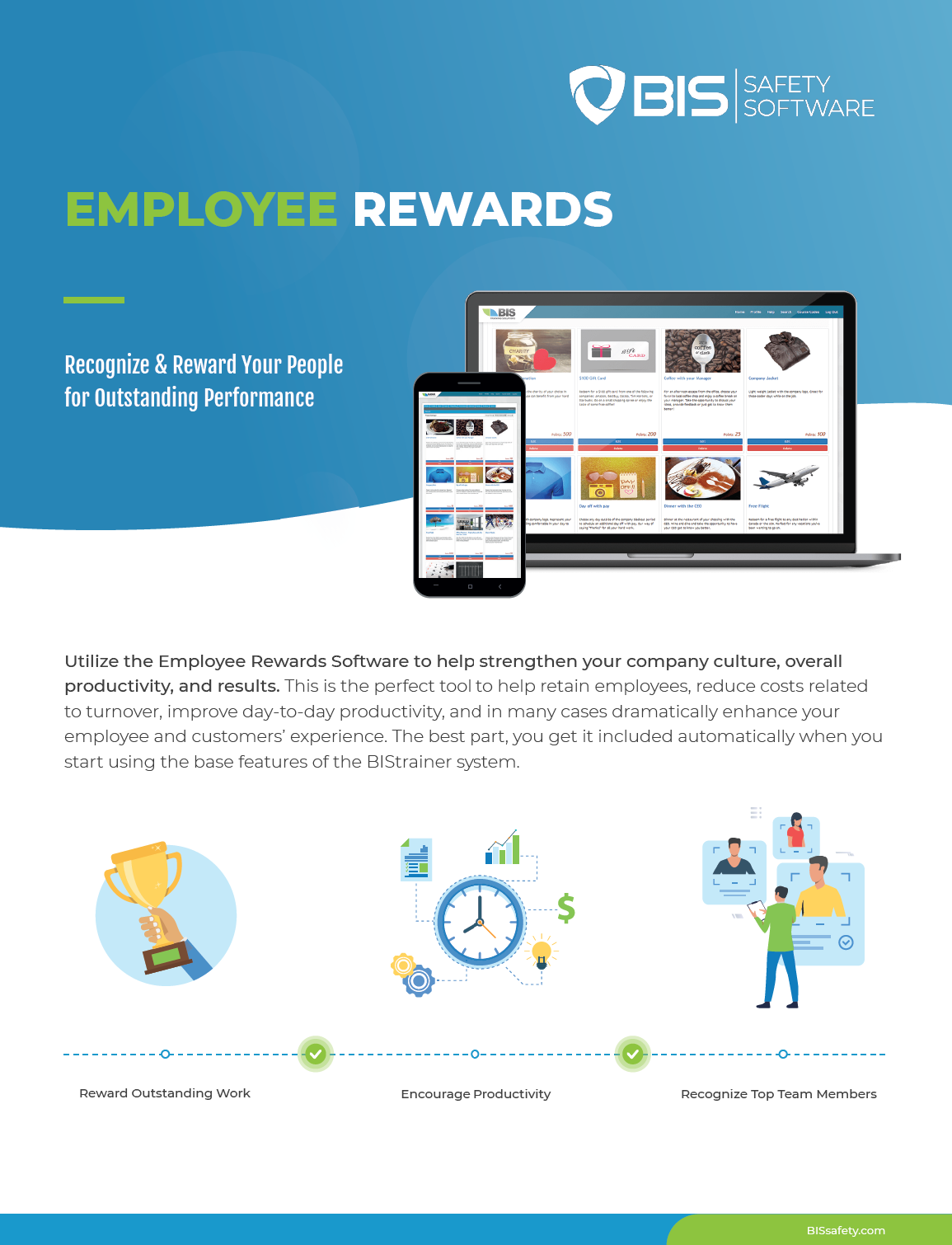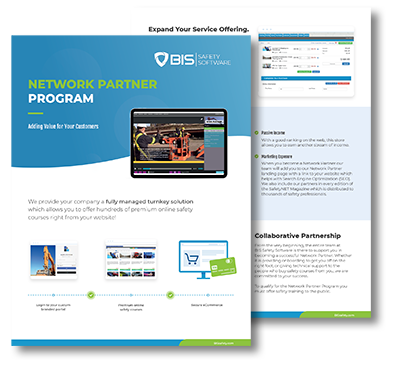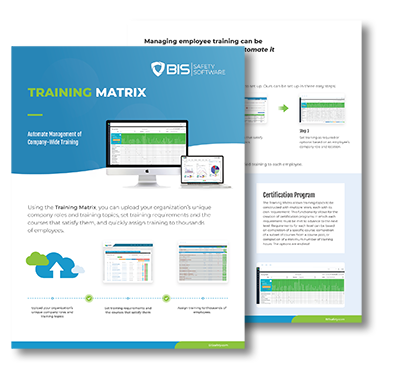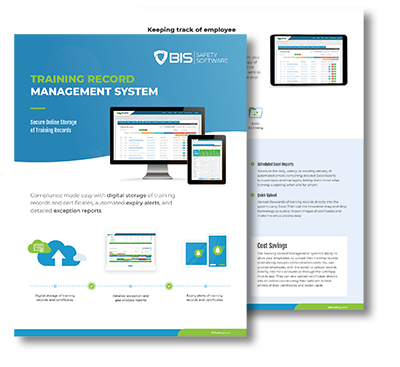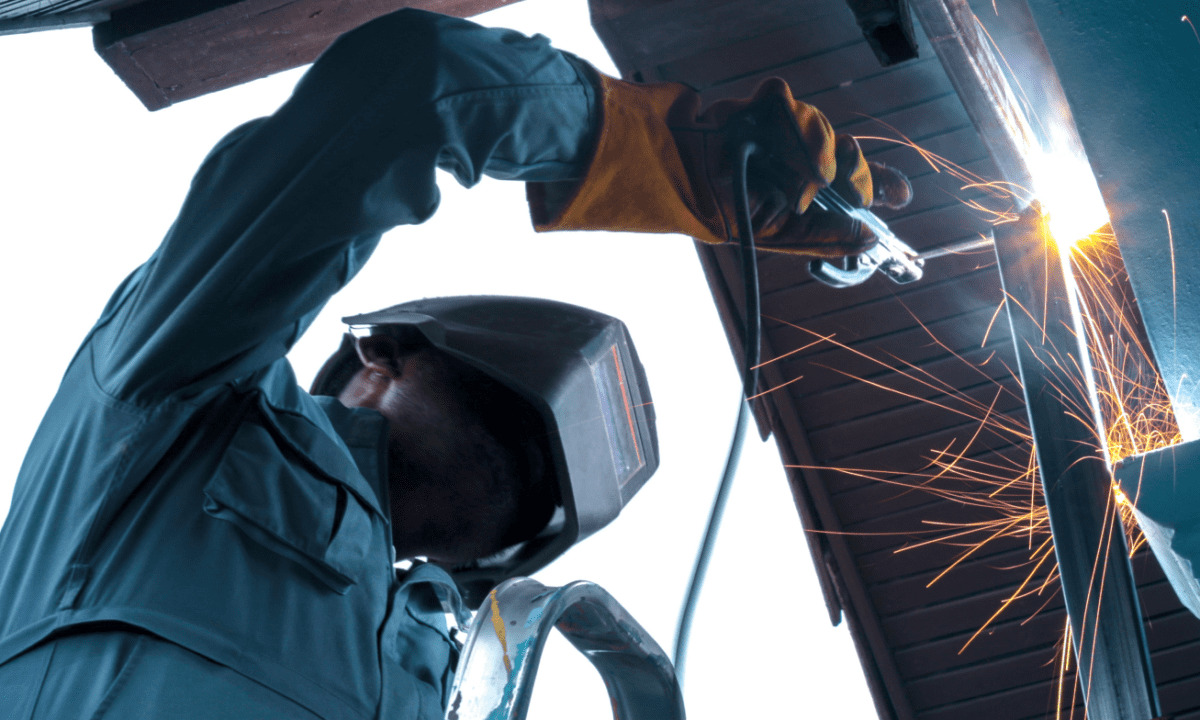
Workplace Safety Tips for Employees
Workplace safety is a crucial aspect of any business because it protects a company’s most valuable asset, its team.
Employers are mainly responsible for their team’s safety, however, there are ways employees can enhance safety as well, and without the employees’ diligence and compliance, hazards arise. So, here are 10 workplace safety tips for employees to follow in order to stay safe and healthy in the workplace:
Workplace Safety Tip #1: Maintain Hydration
Have you ever noticed that you feel sluggish or tired at work and couldn’t quite figure out why? Well, one of the most common reasons for this is dehydration. When we don’t drink enough water, our bodies can’t function properly, leading to a whole host of problems. And when we’re at work, it’s easy to forget to drink water, especially if we’re busy or focused on a project.
But the good news is that there are simple things we can do to avoid dehydration at work and increase our safety. For starters, we can bring bottles that we can easily fill up in order to keep water on hand and in view at all times.
Another tip is to make sure we’re drinking water before and during meals. Often, we’re so focused on eating that we forget to drink, which can lead to dehydration. By drinking water before and during meals, we can help our bodies better absorb the nutrients from our food and stay hydrated throughout the day. So, next time you’re feeling sluggish or tired at work, try to drink more water, and you’ll be surprised at how much better you’ll feel.
Hydration is even more crucial in hot environments, for more information on working in heat try this article.
Workplace Safety Tip #2: Avoid Complacency
One of the biggest enemies of workplace safety is complacency. Workplace complacency results in innumerable injuries every year. Complacency can kill, maim, or harm other team members.
Complacency is a beast on its own and there are many ways to mitigate it. However many of these rely on the employers to rotate people in jobs. Yet, you as an employee can ask to be rotated or for a change of duties if you’re finding you’re becoming more and more complacent.
If you’re still unsure how to stave off complacency check out this guide on workplace complacency.
Workplace Safety Tip #3: Follow Proper PPE Protocols
Personal Protective Equipment (PPE) is a critical component of workplace safety. It is designed to protect employees from potential hazards that can cause injuries or illnesses on the job.
Hard hats for instance have saved millions of workers from head injuries. I personally can think of at least 3 occasions when my hard hat saved me from a severe head injury. One of which I still was seeing stars even though I had a hard hat on. This was on the hard edge of a steel coil that was above me. I could have been dead if I wasn’t wearing my PPE.
Workplace Safety Tip #4: Maintain Constant Awareness of Hazards in the Workplace
There are always potential hazards lurking around every corner. Whether it’s heavy machinery, chemicals, or even just the possibility of slips and falls, it’s important to always be aware of the risks and to take steps to mitigate them.
One of the things that I tried to do is always to pay attention to my surroundings. This means being mindful of where I’m walking, what I’m handling, and any potential hazards that may be present. This also meant never overburdening myself and being keenly aware of my path if my vision was ever blocked. Something as small as a step or gap can make you stumble and hit your shin or knee on a sharp hard corner if your mind wanders.
Workplace Safety Tip #5: Respect Equipment’s Power
Equipment safety is something that should never be taken lightly. Whether you’re operating heavy machinery, using power tools, or even just handling basic hand tools, it’s crucial to always be aware of the potential hazards and take the necessary precautions to protect yourself and those around you.
The fact of the matter is modern equipment is sharp, hard, and heavy and can easily damage and harm both you and your surrounding team members.
Another important aspect of equipment safety is proper maintenance and inspection. Regularly inspecting equipment for wear and tear, and making sure it is properly lubricated and cleaned, can help prevent accidents and prolong the life of the equipment. It’s also important to regularly train on how to safely operate and maintain equipment to ensure awareness of potential hazards.

Workplace Safety Tip #6: Hygiene Shouldn’t be Overlooked
Good hygiene is essential to maintaining a healthy workplace. Everyone should be encouraged to wash their hands frequently, and to keep their work areas clean and tidy.
Another important aspect of workplace hygiene is keeping the communal spaces clean.
Furthermore, be mindful of what you bring into the office, like food that might attract pests or create an unpleasant smell. All of these small actions add up to create a healthier and more pleasant working environment for all.
Workplace Safety Tip #7: Communicate Effectively
Communicating effectively on the job is crucial for safety. Firstly, it ensures that everyone is on the same page. If everyone is communicating clearly and effectively, there is less chance of confusion and misunderstandings, which can lead to hazards or incidents.
Secondly, effective communication helps to build strong relationships with colleagues, supervisors, and clients. When people feel heard and understood, they are more likely to trust and respect one another, which can lead to a more positive and productive work environment. Lastly, effective communication is essential for the safe collaboration of equipment. People operating trains and other heavy equipment sometimes rely on another set of eyes and communication practices should be understood before performing the tasks.
So, how can we improve our communication skills on the job? One way is to actively listen to others. This means giving them your full attention, asking questions to clarify their points, and providing feedback to show that you understand what they are saying. Another way is to be clear and concise in your own communication. Instead of using jargon or technical terms that others may not understand, try to use simple language that everyone can follow.
Lastly, it’s important to be open to feedback and to actively seek it out. This can be a great way to identify areas where you need to improve and learn new ways of communicating. You can ask for feedback from colleagues, supervisors, or even clients, and be sure to take it into consideration when making changes to your communication style. Remember, effective communication is a skill that can always be improved upon, so don’t be afraid to put in the work to become a better communicator on the job.
Workplace Safety Tip #8: Get Enough Sleep
Proper sleep before work is incredibly important for safety. For one, it helps you to feel refreshed and energized throughout the day, which is essential for endurance. Additionally, it helps to improve your focus and concentration, which is crucial for tackling complex tasks and making important decisions.
Sleep deprivation can lead to a number of dangerous situations, such as drowsy driving, which can be incredibly dangerous and even deadly. In fact, studies have shown that people who are sleep deprived are just as likely to be involved in car accidents as those who are driving under the influence of alcohol.
So if you want to be at your best and avoid dangerous situations, it’s important to make sure you’re getting enough sleep before work. This might mean cutting out late-night activities, setting a regular bedtime, or even seeing a doctor if you’re having trouble sleeping. Whatever you do, just remember that proper sleep is essential for staying safe on the job.
Workplace Safety Tip #9: Eating Healthy
Eating healthy is so important, not just for our overall well-being, but also for our ability to stay safe at work. When we fuel our bodies with nutritious foods, we’re giving ourselves the energy and focus we need to tackle the tasks at hand. And when we’re at work, that’s especially important. Whether we’re working in an office or on a construction site, staying alert and focused is crucial for our safety and the safety of those around us.
But it’s not just about staying alert and focused, eating healthy can also help us avoid certain health issues that could impact our ability to work. For example, if we’re consistently eating a diet high in processed foods and sugar, we’re more likely to experience fatigue, brain fog, and other symptoms that can impede our productivity. On the other hand, if we’re eating a diet rich in fruits, vegetables, and lean proteins, we’re more likely to feel energized and focused, which can help us stay safe on the job.
Workplace Safety Tip #10: Mitigate Stress
When it comes to maintaining safety at work, it’s important to remember that stress can play a huge role in that equation. High levels of stress can lead to a variety of negative effects on our minds and bodies, which can in turn make us more prone to accidents and mistakes. That’s why it’s so important to find ways to mitigate stress in the workplace.
Stress can arise from multiple factors, sitting at a desk for hours on end can be incredibly stressful, and taking even just a few minutes to step away and stretch can help to alleviate that stress. There can even be co-workers who have other problems they are bringing into work. Try not to engage with these team members and if the problem is becoming a hazard, find ways of either calming the person or even contacting HR. No one should have to live with others’ trauma day in and day out, and the traumatized should not be stressing out colleagues because they are mad about something. It’s everyone’s responsibility to keep stress levels manageable at work.
Of course, stress can manifest in many different ways, and it’s not always easy to spot when it’s becoming a problem. But one of the most common ways it becomes hazardous is through the negative impact it can have on our ability to focus and make decisions. This can be especially dangerous in certain fields like construction or transportation where the stakes are high, and mistakes can have serious consequences. Stress can also lead to an increase in accidents, as well as an increase in absenteeism, which can make it harder for companies to get things done. So, it’s essential to be aware of the ways stress can manifest in the workplace and to actively work to mitigate it in order to maintain safety and efficiency.


